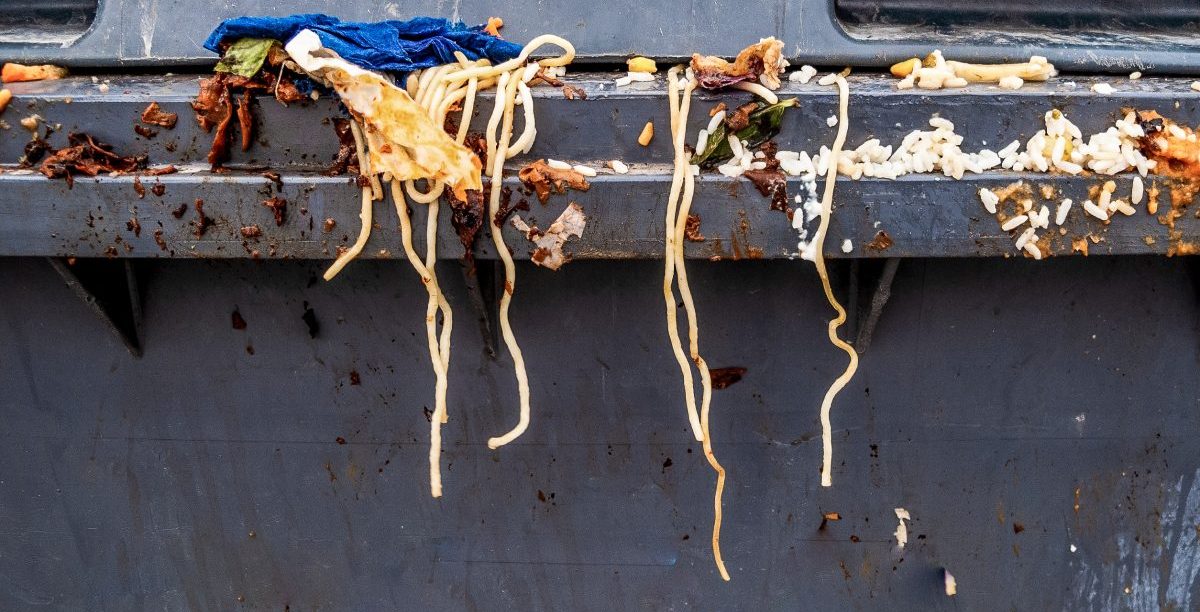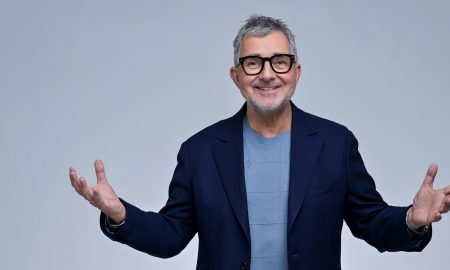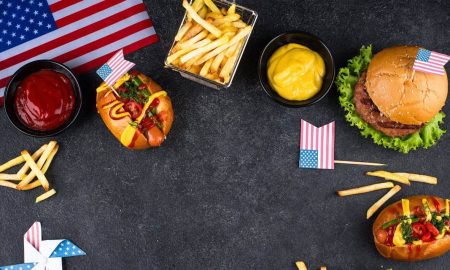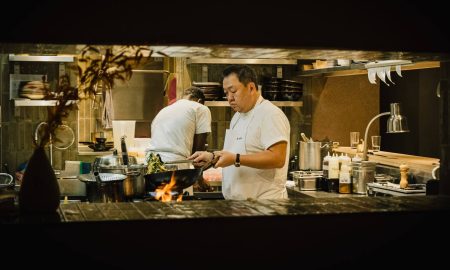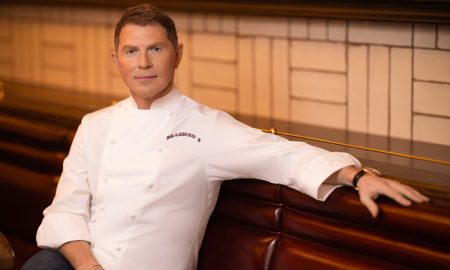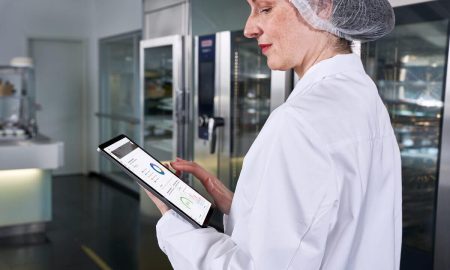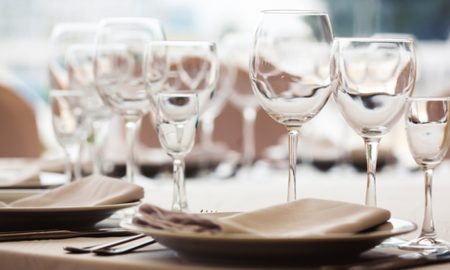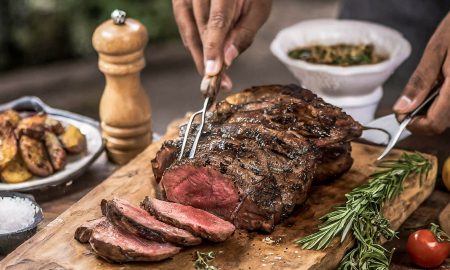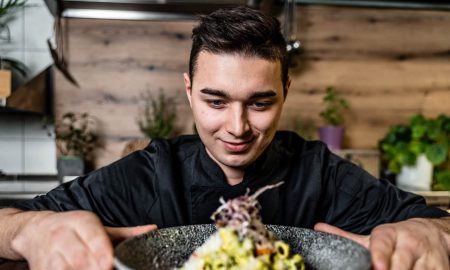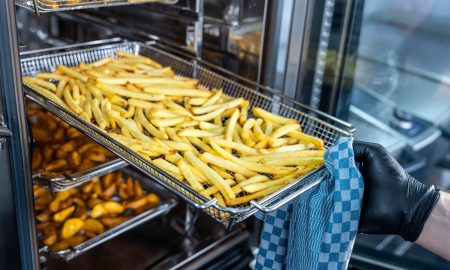The man looks like he wouldn’t even hurt a fly. No wonder Paul Ivić has made an international name for himself with his meat-free restaurant, Tian. However, the 43-year-old is currently adopting a surprisingly combative tone, and even describes himself as a waste warrior.
Sieh dir diesen Beitrag auf Instagram an
Paul Ivić deliberately declares war on the waste in (star) cuisine. And for good reason. After all, although sustainability awareness is becoming more firmly entrenched in our society, many battles still must be fought when it comes to food waste. This has been confirmed by sound data compiled by food trend researcher Hanni Rützler in her latest food report. According to WWF, 88 million tons of food are wasted every year in the EU. This corresponds to one fifth of all food produced or over 380 pounds per capita each year that ends up in the trash.
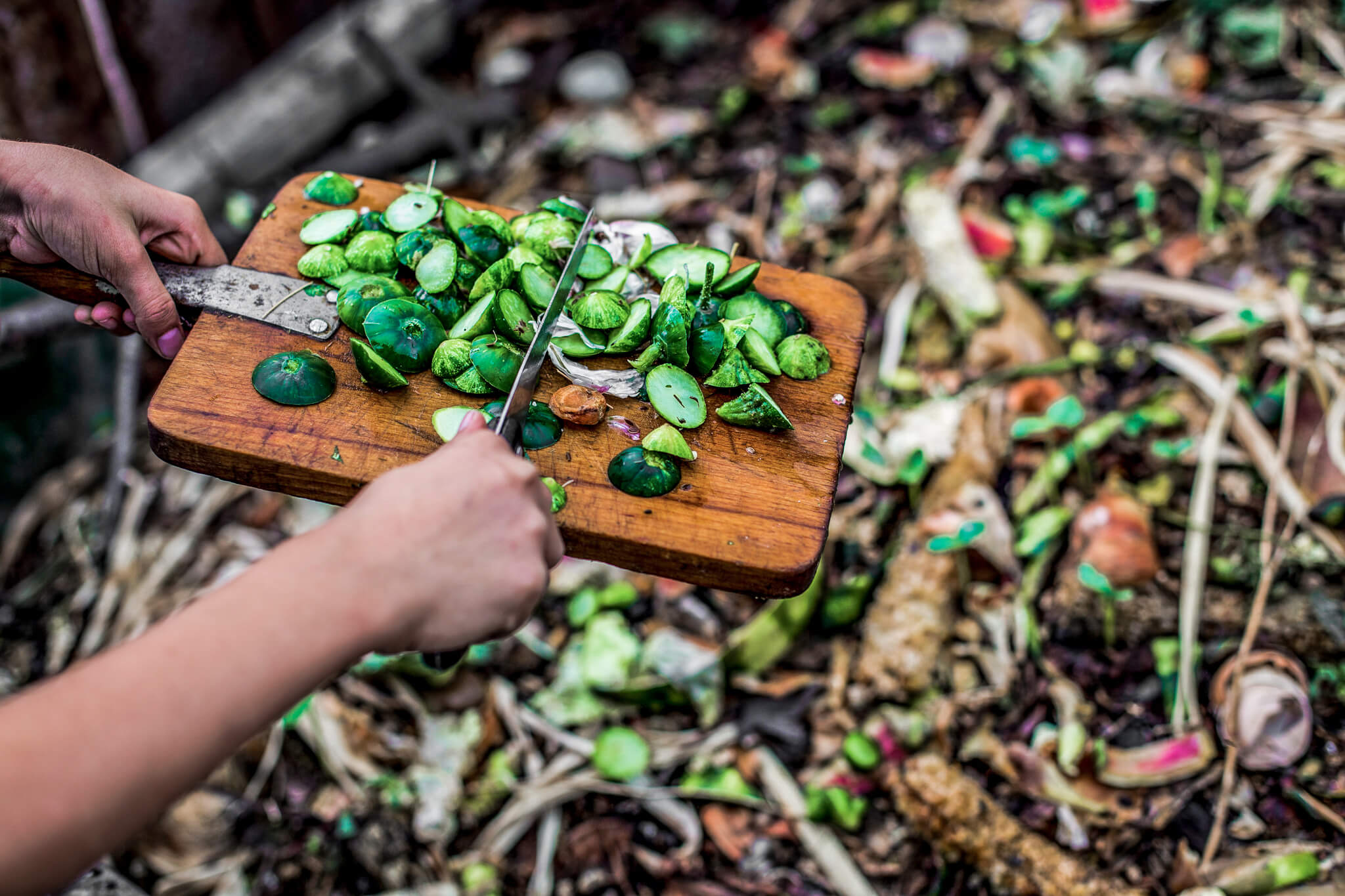
Image: AdobeStock | imray
Food waste is not a question of morals.
The fact that it is reprehensible to throw away food when people are starving in the world is something that we are generally aware of. However, in their Mission Food Waste, Hanni Rützler and Paul Ivić are not concerned with the moral aspects of this issue at all.
In other words, we don’t just waste valuable food, we waste a lot of resources at the same time.
Much more than just nose-to-tail
By its very nature, an obvious focal point is where a particularly large amount of high-value products are handled – in the gastronomy industry. That’s why Ivić is so certain that this is the place to start. Therefore, he is teaming up with the start-up To Good To Go. The young company makes it possible for restaurant businesses to sell leftover food at a reduced price via an app. The result is a win-win situation for restaurateurs, customers and our planet.
The founders of Sustainergies are also heading in the same direction, albeit with a different approach: They are creating as-is analyses for restaurants and, based on these, developing tailor-made concepts for waste reduction and helping to integrate better energy management. “However, innovative, sustainable cooking goes beyond the sensible reuse and application of cooking principles such as nose-to-tail or leaf-to-root,” says Hanni Rützler.
Sieh dir diesen Beitrag auf Instagram an
In her opinion, the future for the world’s top chefs will be more about knowing where food comes from rather than which food you want. In other words, they will avoid the middleman, and instead buy exclusively from local producers.
This is how Jacob Holmström and Anton Bjuhr from the Swedish star temple Gastrologik are approaching things too. They only serve what they receive from their suppliers on the day in question. This means that they don’t know in the morning which menu they will serve to their fine dining guests in the evening. And the guests themselves only find out what they have eaten after dinner – the menus are not handed out when you enter the restaurant, but rather when you leave. The two chefs think this creates a special kick for gourmets. Their bold credo: “Not knowing what the dishes are made of enhances the experience of a tasting menu.” Either way, the two things that definitely won’t be left behind are food waste and a stale aftertaste.
We have compiled the most important points in our Article – the future is now: Food Report 2022 – for you. You can find the entire (German) report at: www.zukunftsinstitut.de


